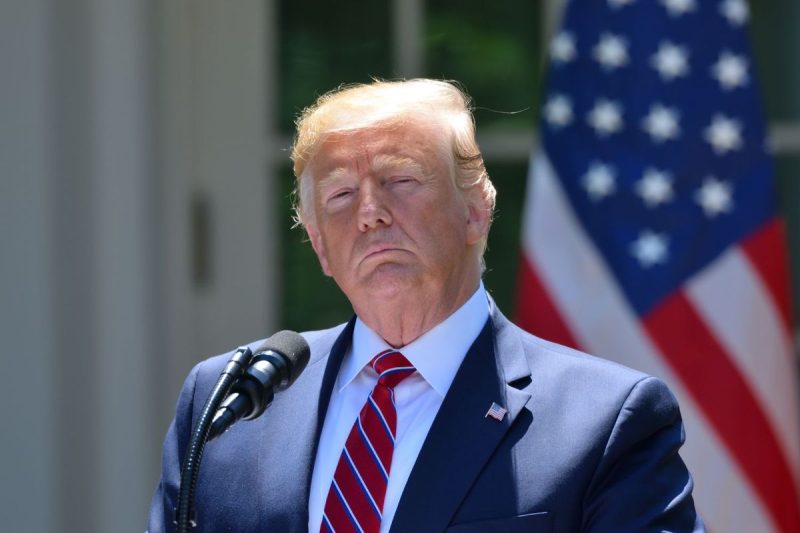US President Donald Trump has announced renewed tariff threats against the European Union (EU) and China, citing trade imbalances and the fentanyl crisis as primary drivers.
Speaking at the White House on Wednesday (January 22), Trump indicated that his administration is considering a 10 percent tariff on Chinese imports, as well as new duties on EU goods. The news follows previous Trump administration warnings about implementing stricter trade measures to address the ongoing flow of fentanyl into the US.
Reuters reported that China’s foreign ministry has responded by emphasizing its willingness to maintain communication with the US, advocating for cooperation over confrontation.
‘We always believe that there is no winner in a trade war or tariff war. China will always firmly safeguard its national interests,’ Mao Ning, ministry spokesperson, said in a Wednesday press briefing.
Trump also critiqued the EU, describing its trade practices as disadvantageous to the US and reiterating his longstanding position that tariffs are necessary to address trade imbalances and achieve fairness.
He also confirmed that his administration is exploring punitive measures against Canada and Mexico if they fail to curb the trafficking of migrants and fentanyl across US borders.
The proposed measures come after Trump signed a trade memorandum instructing federal agencies to investigate trade deficits, unfair practices and illicit activities such as the trafficking of fentanyl precursors.
The trade memorandum includes a February 1 deadline for finalizing tariff plans against Canada, Mexico, China and the EU, while also directing federal agencies to consider remedies, including supplemental tariffs and changes to duty-free exemptions for low-value imports, which have been linked to the entry of fentanyl precursors.
Mexico and Canada, both facing potential tariffs, have taken conciliatory stances.
Mexican President Claudia Sheinbaum said the country wants to maintain indepedence while addressing US concerns. However, she pointed out that the US-Mexico-Canada trade agreement, a free trade deal between the countries, is not up for renegotiation until 2026, signaling resistance to any early revisions that Trump might want.
For the agricultural sector, particularly US corn farmers, the possibility of new tariffs has raised concerns.
Mexico is a major export market for US corn, and Canada is a leading buyer of ethanol derived from US corn. Farmers have expressed apprehension about the potential disruption of trade flows, which could impact their livelihoods.
The president’s recent initiatives reflect hits ‘America First’ approach, which prioritizes domestic interests and seeks to reshape US engagement with the global economy. However, the potential for retaliation from trade partners remains a critical concern as the administration moves forward with its policy objectives.
Securities Disclosure: I, Giann Liguid, hold no direct investment interest in any company mentioned in this article.


